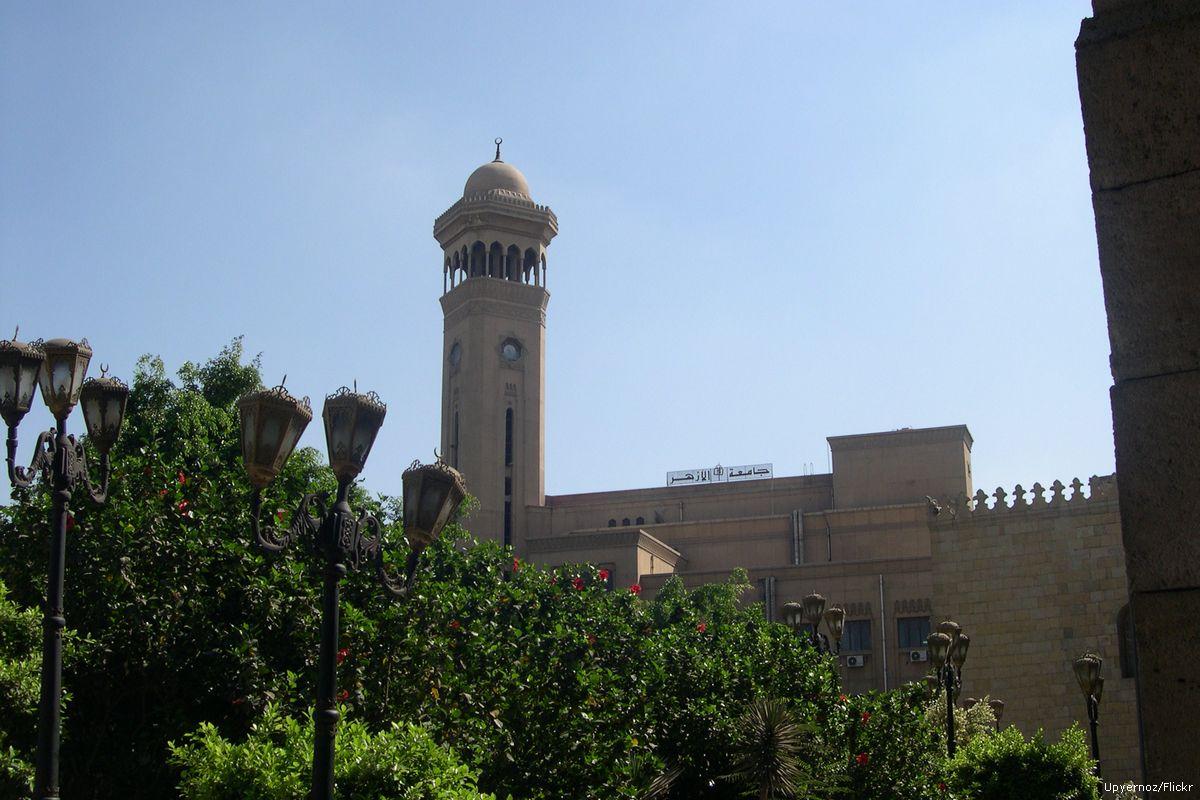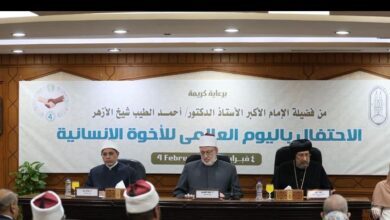Obstetrics and in virtro fertilization consultant Dr. Sharif Basha Seif has said that the majority of religious institutions, including the Orthodox Church and Al-Azhar University, permit the use of fertility treatments for married couples, as long as the biological mother carries her own embryo to term.
Seif stated that he supported such stipulations, and that most religions allowed for artificial insemination between married couples. Such methods, he added, are only prohibited when the sperm and egg cells are not those of the married partners attempting to conceive, as Islam considers that practice adultery.
Dr. Jamal Abu Sorour, director of the in vitro unit at Al-Azhar University, explained that artificial insemination is used in the case of decreased semen quality, obstructed fallopian tubes, or other factors which might cause sterility.
Sorour stressed that under Islam and Christianity, specimens used during fertility treatment must originate from marriage partners where the marriage has been proved valid. A woman cannot undergo artificial insemination if she has been divorced from her husband or after his death, according to a fatwa issued by the late grand sheikh of Al-Azhar Gad el-Haq Ali Gad el-Haq.
Coptic Pope Shenouda of Alexandria also prohibited inseminating women with sperm from men other than their husbands, arguing that such a practice constitutes adultery, in accordance with principles settled upon by all religions.
Pope Shenouda made the remarks during his weekly sermon in response to a question posed by a married woman unable to conceive due to her husband’s sterility, in which she inquired whether or not it would be permissible to travel abroad to undergo artificial insemination from a man other than her husband. Pope Shenouda responded that doing so would be constitute adultery.
Translated from the Arabic Edition.
Health & FitnessLife & Style



